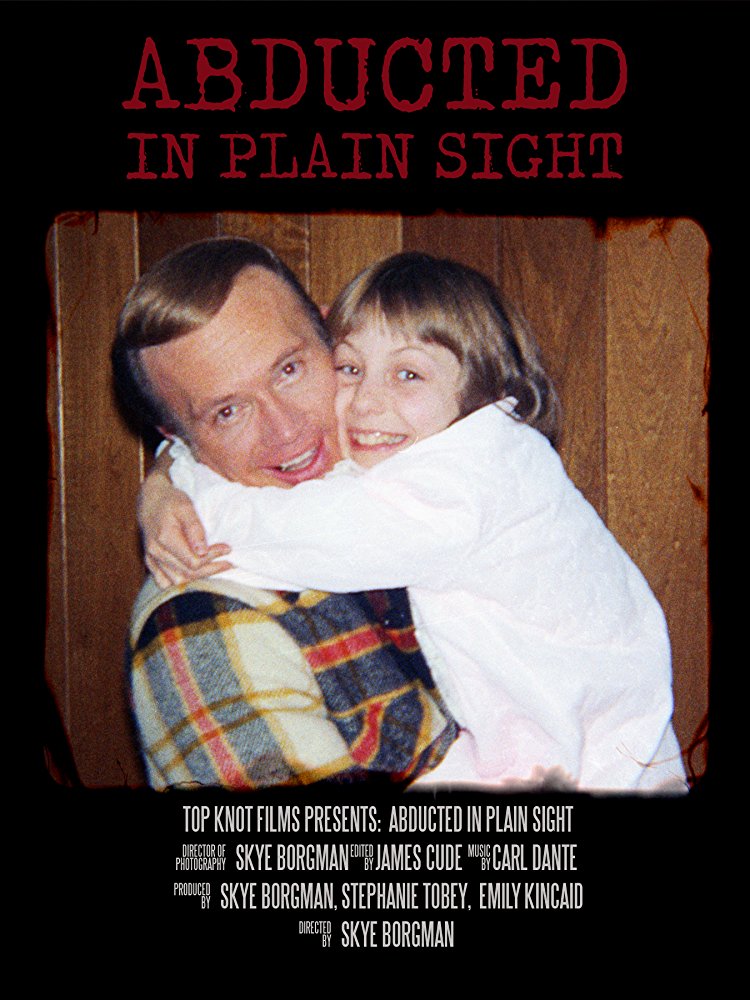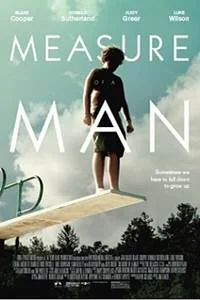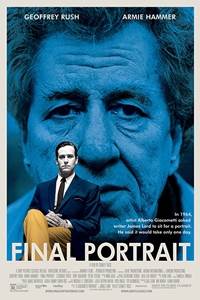Solo: A Star Wars Story
Director: Ron Howard
Starring: Alden Ehrenreich, Woody Harrelson, Emilia Clarke, Donald Glover, Thandie Newton, Phoebe Waller-Bridge, Jonas Suotamo, and Paul Bettany
“You know, sometimes I amaze even myself.” The epitome of cool, the tough guy, the rebel in the original Star Wars universe has always been Han Solo. The character is an icon of pop culture, a science fiction superstar that brought charisma and attitude into the cockpit of the Millennium Falcon alongside a furry companion named Chewbacca. Han Solo’s journey into the Star Wars universe was always one of mythic proportions; a history only partly introduced with off topic remarks or unexpected meet-ups with past foes/friends. Amidst battles between galactic forces and duels with light saber wielding Jedi’s, Han Solo was consistently one of the most intriguing and appealing characters.
“Solo: A Star Wars Story”, directed by Ron Howard and written by Jonathan Kasdan and Lawrence Kasdan amidst a troubled production, takes the viewer back to the beginning of the journey; back to understand how Han Solo became a pilot, how he won the Millennium Falcon, and how Chewie became his partner in crime. Unlike other films in the “Star Wars” canon, the stakes aren’t world or life threatening, the mythology doesn’t boast a battle between light and dark forces, but instead the film focuses on a young man wrapped up in a world of loners, thieves, backstabbers and smugglers.
Han (Alden Ehrenreich) is a juvenile delinquent, stealing speeders and running scams for bad guys who don’t like failure. Han is trying to escape his life of crime, leave the planet Corellia, and start a new path with his girlfriend Qi’ra (Emilia Clarke). Things don’t go as planned and Han is separated from Qi’ra; he promises to return for her one day. This leads Han to enlist in the military only to leave and join the gang fronted by a thief named Beckett (Woody Harrelson). Qi’ra finds her own path, secured in service to a scarred gangster named Dryden Vos (Paul Bettany).
Director Ron Howard handles the material here with delicate hands, perhaps a little too delicate considering the film struggles to make the wild stories of Han Solo resonate with the kind charisma and coolness associated with the savvy star pilot seen in “Star Wars: A New Hope”. It’s the bits of forced nostalgia, the intentional callbacks to the past (or future depending on how you look at the timeline), which create a rift in the tone of the story. Han’s character has always had the benefit of the doubt; his stories about winning spaceships and accomplishing challenging feats in 12 parsecs were legends told through word of mouth, many times the mouth of Han Solo himself. Still, they were stories given the bare minimum of information and told through the vessel of a character that oozes confidence. When these stories come to life it’s amusing yet altogether unnecessary and somewhat insignificant.
Still, Mr. Howard populates the film with some interesting characters. Woody Harrelson is good as Beckett, the lifetime thief whose sage words of advice are “Assume everyone will betray you”. Mr. Harrelson’s calm and natural demeanor fits this particular universe of loners. But the scene-stealer here is Donald Glover playing Lando Calrissian. Mr. Glover has a suaveness that shines through even when the character may not handle all the situations with the same kind of self-assured personality one might expect. Unfortunately Alden Ehrenreich, and this is no fault the talented actor’s ability, just doesn’t evoke the same quality of the character Harrison Ford composed. Trying to emulate the nostalgic sentiments of a character like Han Solo is nearly impossible considering the stranglehold that time and the ever growing grasp of pop culture hold over these beloved characters. Mr. Ehrenreich’s choices feel out of sync considering the character that will eventually come to the aid of the Resistance and Luke Skywalker in a few years to come.
“Solo: A Star Wars Story” is mixed with moments that want to have fun, want to provide fan service, and want to prepare for the eventual return of the character for another adventure. It doesn’t always work. Still, in some places everything just fits so nicely that it’s impossible not to enjoy yourself. When Chewie and Han meet in a muddy pit during a chaotic war scene everything clicks for a moment, everything feels right knowing the future progression of these character’s intermingled storyline. It’s when the film actually resonates most like a Star Wars story.
Monte’s Rating
3.25 out of 5.00


































